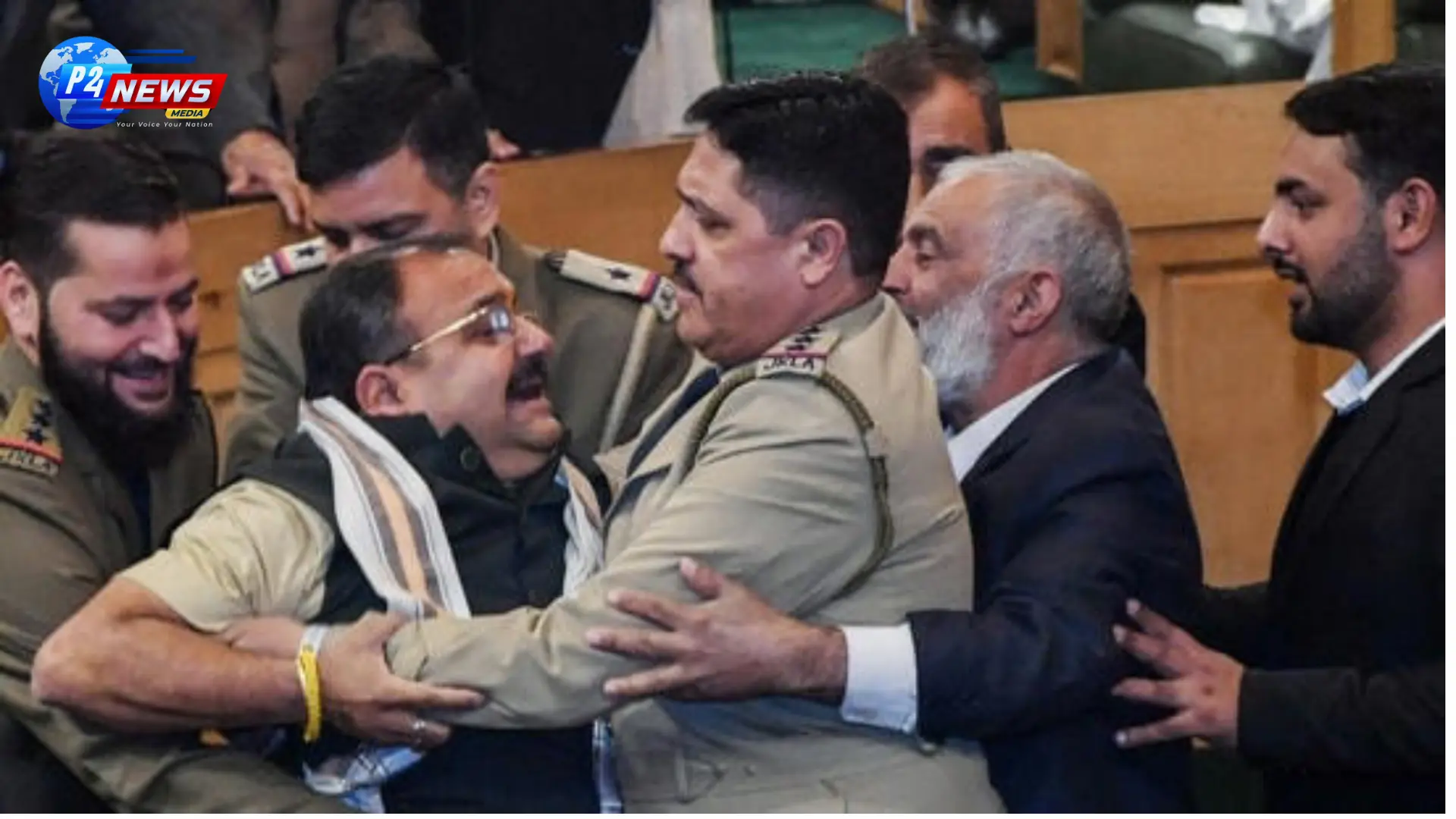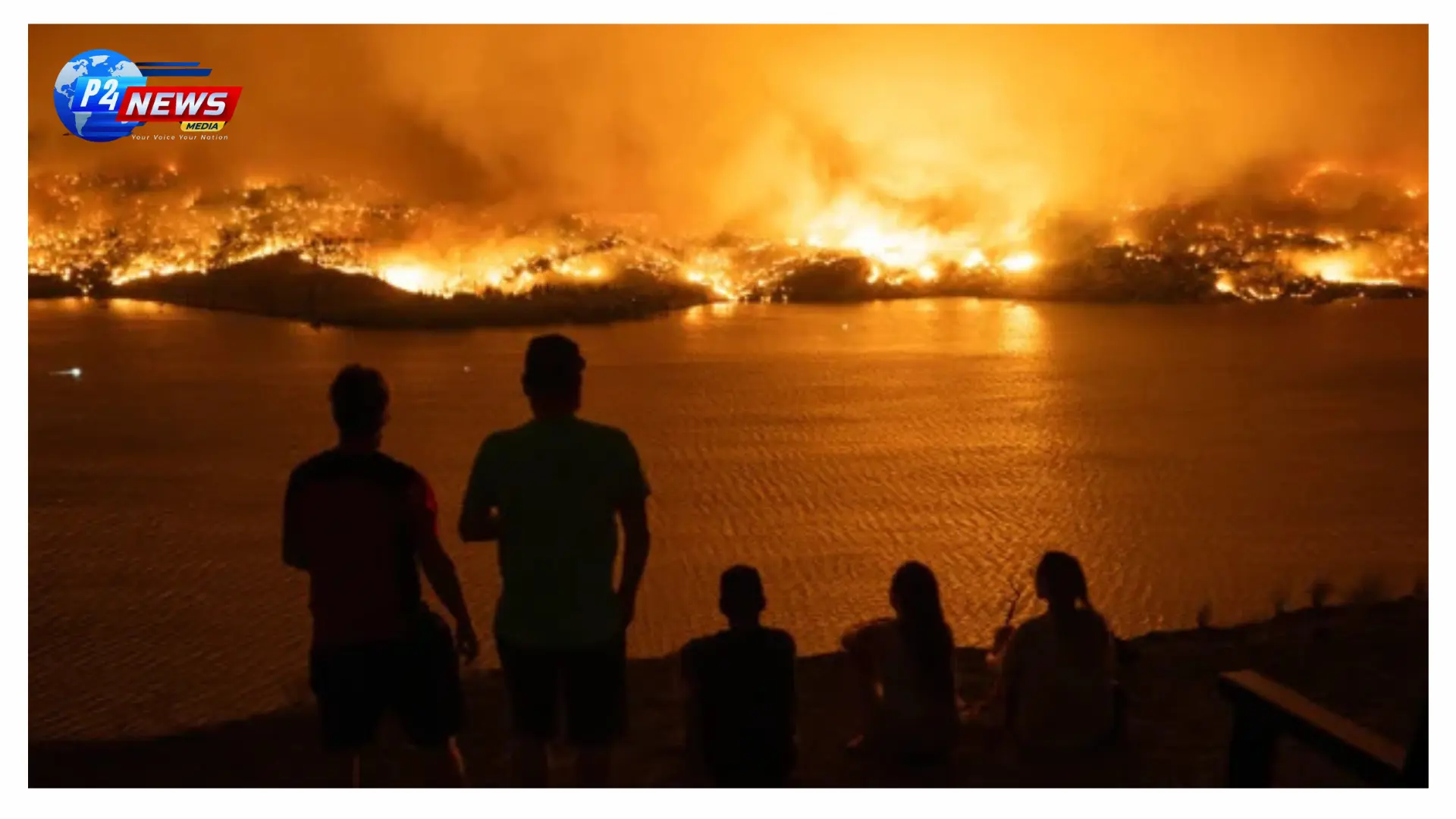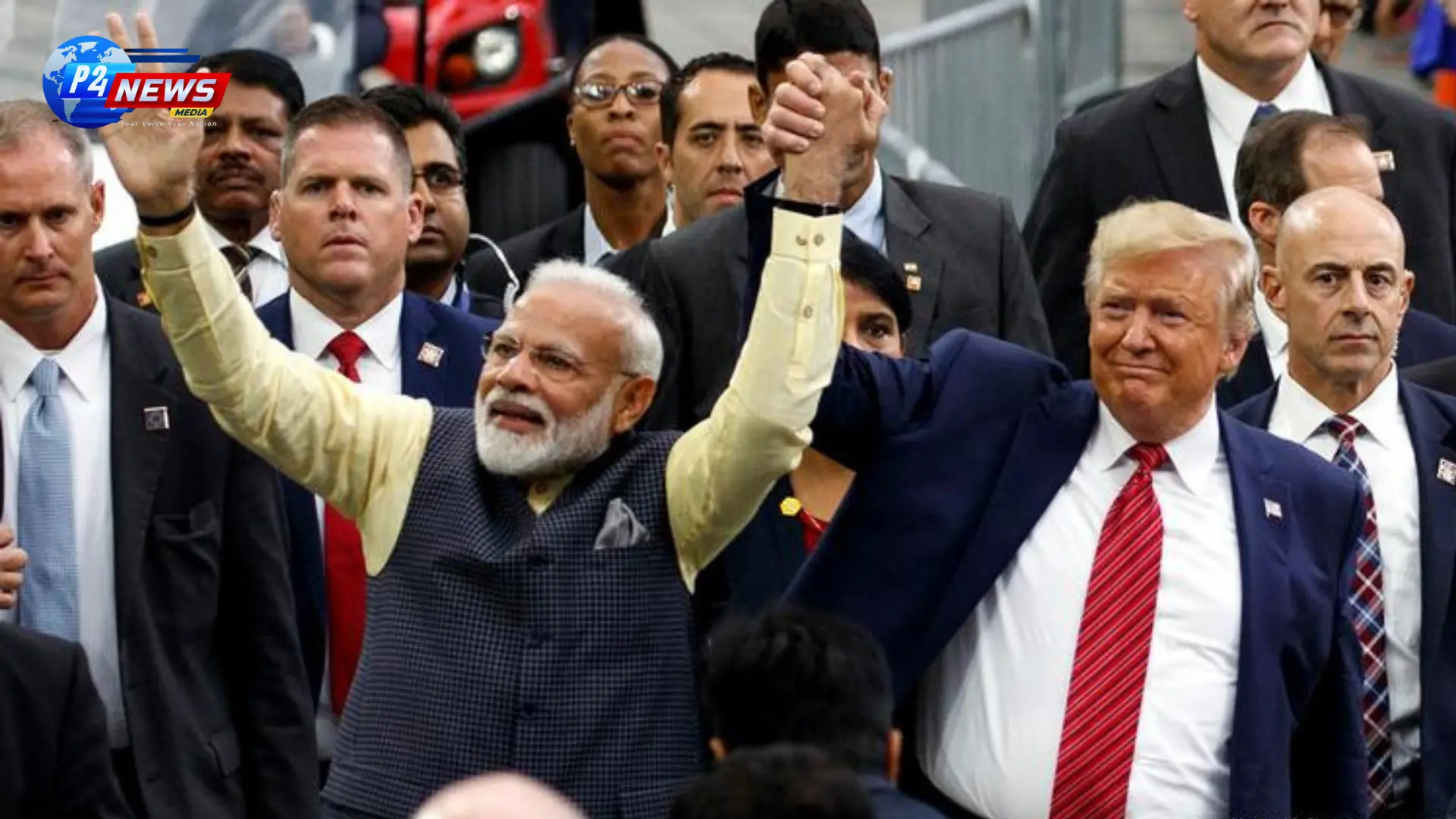Jammu and Kashmir Assembly Speaker Abdul Rahim Rather firmly dismissed the BJP's call for his resignation, emphasizing the need for a no-confidence motion if they lack confidence in him. The heated session stemmed from a recent resolution advocating for the reinstatement of Article 370.
Background of the Incident
On November 7, during a lively session of the Jammu and Kashmir Legislative Assembly, a confrontation unfolded as BJP members demanded the resignation of Assembly Speaker Abdul Rahim Rather. The tension arose in response to a resolution passed that aimed at the restoration of Article 370, which grants special status to the region. The discussions escalated, leading to chaos within the assembly.
Speaker's Response
Abdul Rahim Rather, standing his ground, rejected the BJP's demands. He stated that a resolution passed by the assembly could only be retracted through a similar procedure, emphasizing the integrity of the legislative process. He challenged the ruling party to put forward a no-confidence motion if they believed he was unfit for the role, clearly positioning himself as a defender of parliamentary protocols.
The Controversy Surrounding Article 370
Article 370 has been a contentious issue in Indian politics, especially in relation to Jammu and Kashmir. The article, which provided autonomy to the region, was abrogated in August 2019, a move that sparked widespread debate and protests. The current discussions in the assembly reflect ongoing tensions and differing opinions on the status of this provision.
Physical Altercations and Brawls in the Assembly
Amid the heated exchanges, physical altercations broke out when BJP MLAs confronted an Awami Ittehad Party (AIP) MLA, Khurshid Ahmad Sheikh, over a banner advocating for the restoration of Article 370. This incident highlights the deep divisions within the assembly, as both sides passionately defend their positions. The assembly marshals had to step in to maintain order, showcasing the frustrations boiling over within the political landscape.
Political Repercussions
The refusal of the Speaker to acquiesce to the BJP's demands not only underscores the current political climate in Jammu and Kashmir but also raises questions about future legislative actions. With the opposition calling for changes in the status of Article 370 and the ruling party firmly against it, the legislative assembly is poised for more confrontations. Rather's challenge for a no-confidence motion indicates an escalation of tensions and a potential for further political maneuvering.
Conclusion
The events transpiring in the Jammu and Kashmir assembly reflect broader issues within regional and national politics. With the ongoing discussions about Article 370 and the claimed political instability, it is clear that both the assembly members and the public are deeply invested in the outcomes of these legislative debates. Moving forward, the political landscape in Jammu and Kashmir will continue to evolve, influenced by the actions and decisions of its leaders.
















Comments 0